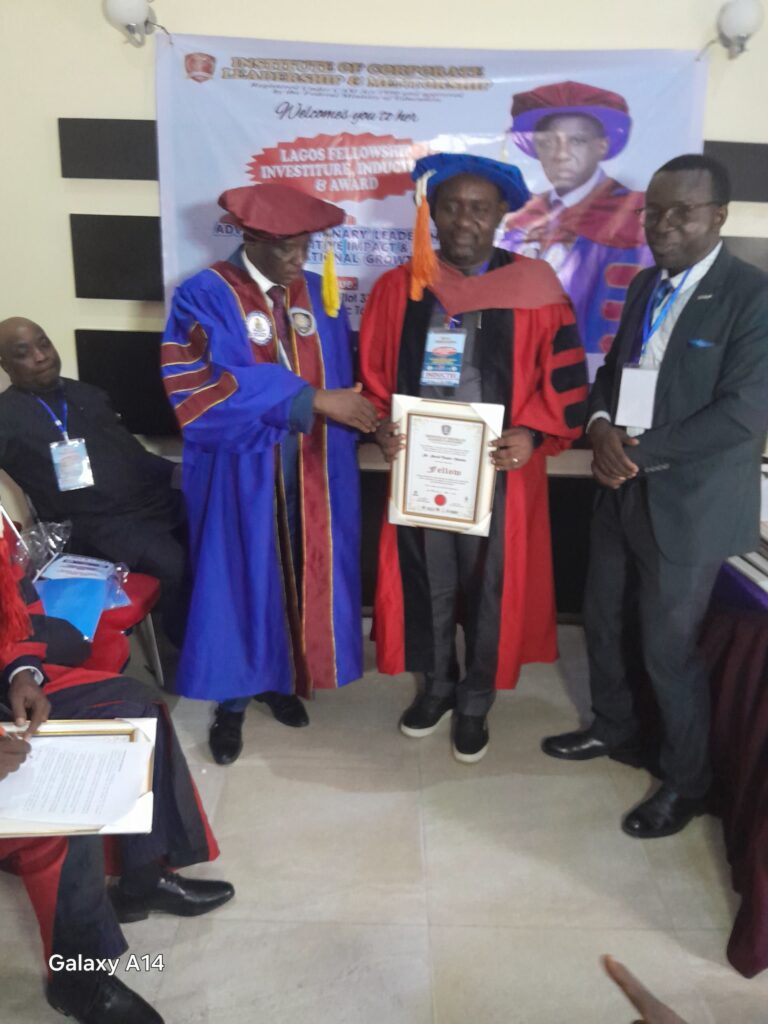
Lagos set to domesticate school feeding programme
The Lagos State Government has said that there is no one cap fits all model for the implementation of the Federal Government of Nigeria (FGN) initiative of a-meal a-day Home Grown School Feeding Programme, adding that there was the need to domesticate the implementation and act locally.
Speaking at a workshop to determine how best the FGN a-meal a-day school feeding programme can be implemented, the Deputy Governor, Dr. Idiat Oluranti Adebule, who was represented at the event by the Permanent Secretary, Ministry of Education, Mr. Adesina Odeyemi, stated that the present administration will take cognizance of the staple foods of the locality, nutritional value of meals, logistics, mode of selection of vendors, orientation, tradition and culture of the people amongst others in its implementation of the scheme.
According to her, “Every Nigerian child deserves the same healthy start as children born in Asia, America and Europe and should have a healthy start in life and a fairer opportunity to fulfill their potential for themselves, their families, and the nation.”
While stressing that the School Feeding Program is a veritable way of raising our literacy level, Adebule maintained that the introduction of the scheme is expected to create new jobs, increase food production by up to 530,000 metric tons per annum, as well as attract fresh investments up to N980bn.
She explained that improvement in our food growth for self-sufficiency and food security will receive a boost as there will be ready market for their products, noting that the current collaboration between Lagos and Kebbi on rice production is a testimony.
Adebule, however condemned the postulation that the country’s population is too huge for the successful implementation of this program, saying that countries with bigger populations than Nigeria have successfully implemented similar policies.
The Deputy Governor reiterated that the success of policies and programs depends largely on the cooperation, commitment and dedication of the workforce, the human personnel that would translate the concept and dream of policy formulators into reality.
She therefore, enjoined stakeholders in the education sector to painstakingly look at the program holistically to ensure that all issues are addressed to ensure a hitch-free implementation.
Earlier, the National Programme Manager, Home Grown School Feeding, Mrs. Abimbola Adesanmi, coordinator of the programme at the National level, said the overall objective of the programme is to improve Children’s nutrition and education, fight food insecurity and disease and also link local small-scale producers to markets (Schools Agriculture production and development).
She disclosed that the vision of the federal government is to see a sustainable school feeding programme that will establish a safety net for the poor and eradicate malnutrition in school-age children while stimulating the national economy.




